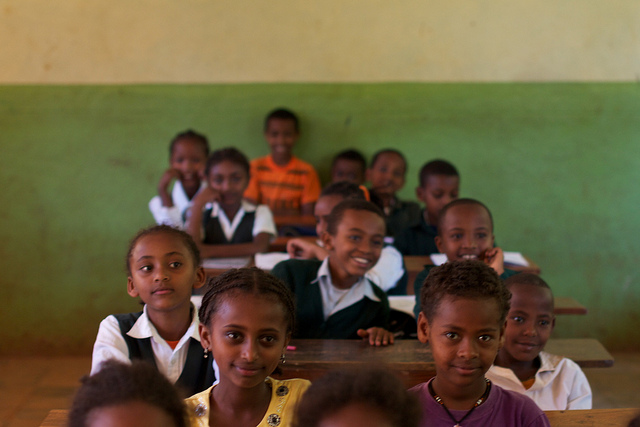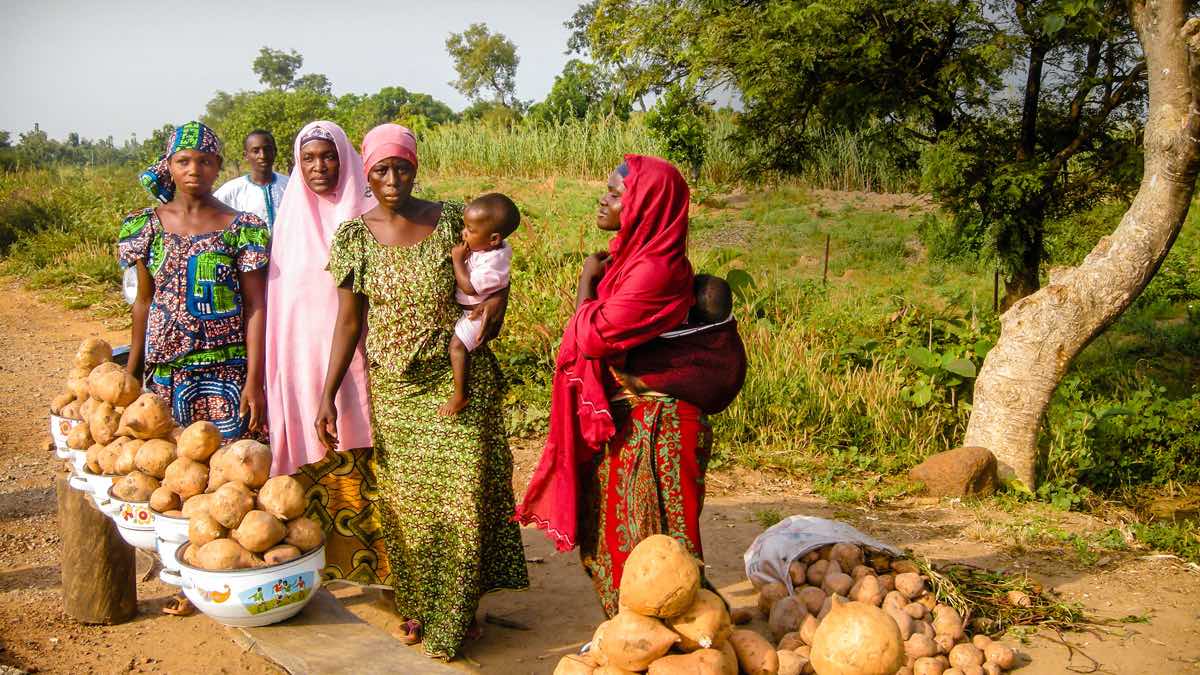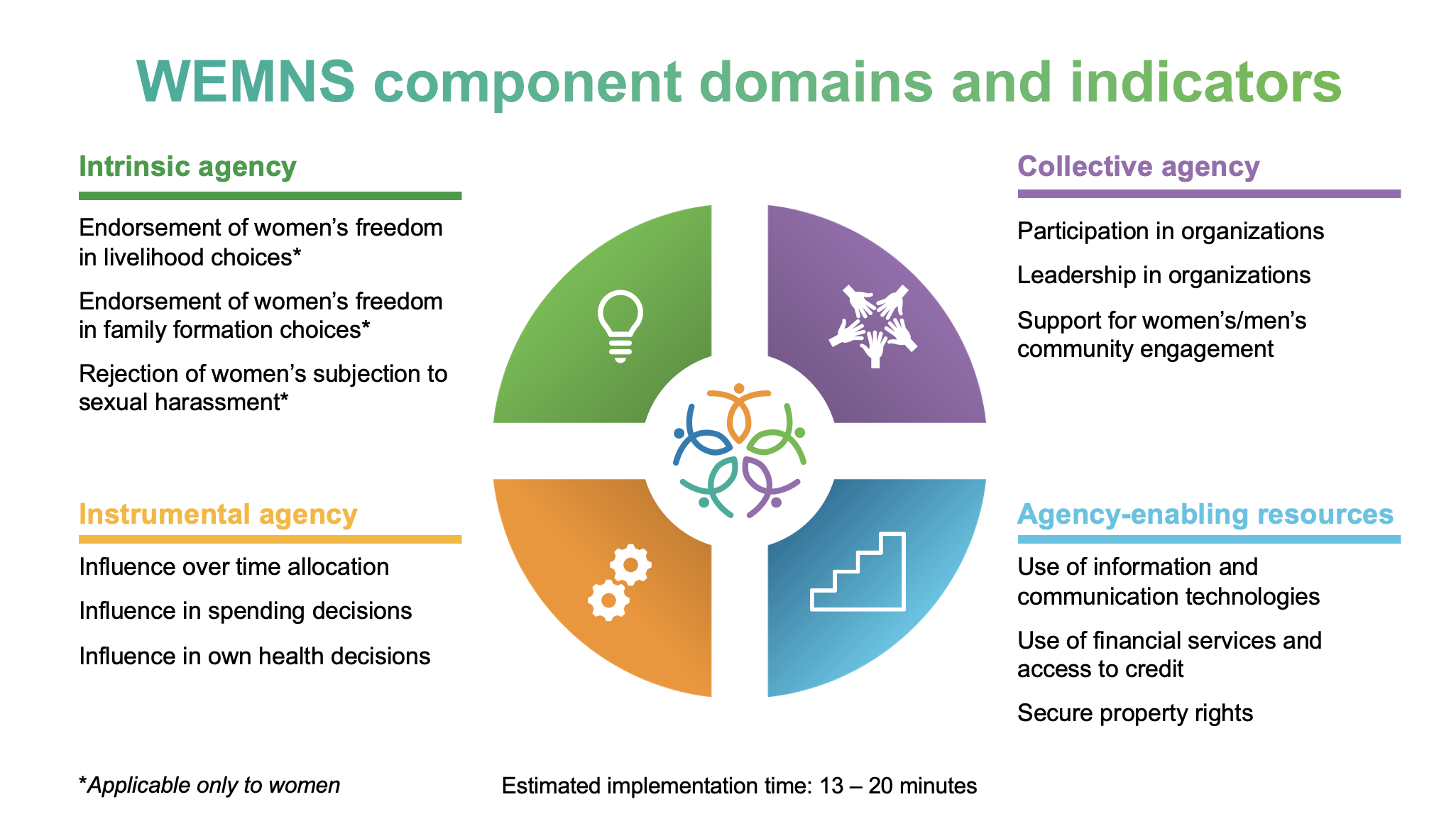The following story was originally published on IFPRI’s Food Security Portal.
A person’s aspirations, or goals and targets for their future, can be a driving force in their life, providing motivation and guiding their choices. But when forming aspirations, all people dismiss some options for their future lives, and fail to even imagine other options or opportunities. Once formed, our aspirations can limit the possible futures we consider by focusing our attention on some future options and filtering out others.
Poor people who have faced the ongoing struggles may not believe that a better life is possible. Their aspirations may reflect the belief that their future opportunities are limited, that there is limited potential for a change in their circumstances, or that they have limited ability to change their lives. As a result, they may be unwilling to invest in certain opportunities.
Role models could help change all that. A new paper, co-authored by Tanguy Bernard (IFPRI/University of Bordeaux), Stefan Dercon (University of Oxford), Kate Orkin (University of Cambridge), and Alemayehu Seyoum Taffesse (IFPRI), suggests that when people see inspiring examples of other people changing their lives, they may revise their aspirations and alter their choices regarding investments, savings, and even education for their children.
In a randomized field experiment conducted in 64 rural Ethiopian villages in 2010 and 2011, poor participants were shown short documentaries in which people of similar socio-economic backgrounds tell personal stories about how they were able to change their circumstances and better their lives. Importantly, the documentaries emphasize hard work, goal-setting, and careful decision-making – none of the people interviewed in the documentaries became extremely successful, but all moved out of poverty without the help of government programs or NGOs.
Participants who were invited to a documentary screening were compared to both a control and a placebo group that was shown short comedy sketches. The experiment found that the documentaries increased participants’ aspirations six months after viewing. The treatment group increased their total savings by 97 birr (compared to the control group’s mean of 182 birr) and total amount taken in credit by 21 birr (compared to the control group mean of 101 birr). Exposure to the documentaries also increased parents’ immediate investments in their children’s education. The number of children between the ages of 6 and 15 who were enrolled in school increased by 21 percent from the baseline average across all groups and 17 percent from the control group’s average at the time of the endline survey. Treated households also spent 17 percent more on school expenses than the control group average in the same period.
Varying the number of individuals exposed to documentaries across villages, we also find evidence of peer effects, with the number of a person’s friends who are invited to the documentary further contributing to that person’s decision to invest in their children’s education.
The documentaries altered people’s perceptions about whether they are able to shape their lives and future. The intervention increased the extent to which people think their life’s outcome depends on their own actions and choices and decreases the extent to which they see poverty as a condition determined by fate. The findings also show that the documentaries did not alter people’s preferences in terms of their willingness to take risks, nor the extent to which they discount the future, ruling out some of the other possible explanations for the change in their behavior.
All the results were measured six months after the documentary screenings occurred. The randomized experimental design ensures that any changes in behavior could only be due to the intervention, not to any other changes. The nature and extent of responses in the treatment group are surprising and make a strong case for further research on the psychological effects of poverty and on the role that interventions to reduce these psychological effects may play in reducing poverty.







